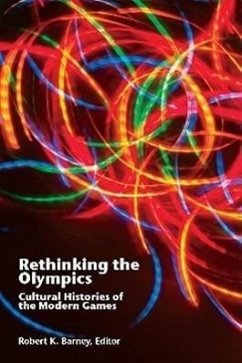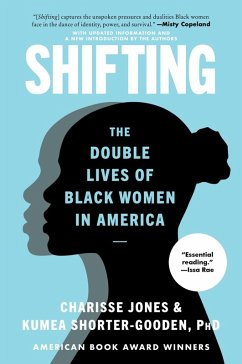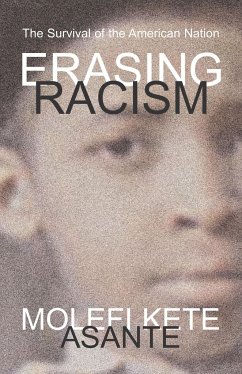
A Hard Road to Glory, Volume 1 (1619-1918)
A History of the African-American Athlete
Versandkostenfrei!
Erscheint vorauss. 15. Mai 2028
21,99 €
inkl. MwSt.
With a Foreword by Jeanne Moutoussamy-Ashe Available once again for a new generation of readers, the first volume in Arthur Ashe’s epic trilogy that chronicles the remarkable legacy of Black athletes in the United States—a major addition to our understanding of American history and the fulfillment of this legendary sports star and global activist’s lifelong dream. When tennis great Arthur Ashe first published his A Hard Road to Glory trilogy, this ambitious project—recognizing the contributions of Black athletes to American sports and culture—was the first of its kind, a milestone in...
With a Foreword by Jeanne Moutoussamy-Ashe Available once again for a new generation of readers, the first volume in Arthur Ashe’s epic trilogy that chronicles the remarkable legacy of Black athletes in the United States—a major addition to our understanding of American history and the fulfillment of this legendary sports star and global activist’s lifelong dream. When tennis great Arthur Ashe first published his A Hard Road to Glory trilogy, this ambitious project—recognizing the contributions of Black athletes to American sports and culture—was the first of its kind, a milestone in the presentation of United States social history. Ashe had long believed that Black people needed to know their cultural history. But while teaching a seminar on the history of African American athletes at Florida Memorial College in 1981, he realized there was a vast amount of material about Black achievement that had never been collected, analyzed, and interpreted. To help to fill the gap, he began with the subject he knew best: sports. A Hard Road to Glory Volume 1 covers the period from 1619, when enslaved Africans were first brought to American shores, to 1918, the end of the First World War. Ashe reveals that from 1865 through 1896, Black Americans succeeded spectacularly in sports, witnessing accomplishments of athletes like Jack Johnson, the first Black heavyweight champion; Marshall Taylor, “the world's fastest cyclist;” and Isaac Murphy, a Hall of Fame jockey and the first three-time winner of the Kentucky Derby. In 2021, Black athletes and Black women in particular are receiving more visibility than ever for their unparalleled, world record-breaking excellence, their activism, and their leadership and vision. Serena Williams, Simone Biles, Sha’Carri Richardson, and Naomi Osaka are consistently elevating athletics and are reshaping the way we think about sports, excellence, society, and history. Arthur Ashe paved the way for them all; A Hard Road to Glory is fundamental to our understanding of Black athletes and our nation’s past, present, and future. Now more than ever, this collection is one of this amazing icon’s greatest legacies—a treasure to be celebrated by readers today and those to come.













